Construction buyers reported output volumes rising by the smallest extent for eight months as the industry continued to grapple with transport issues, a severe lack of materials and staff shortages.
The bellwether IHS Markit/CIPS UK Construction PMI Total Activity Index posted 52.6 in September, down from 55.2 in August.
A rapid drop in subcontractor availability in September sparked the steepest rise in subcontractor charges since the survey began in April 1997.
Some buyers warned that the unpredictable pricing environment had slowed clients’ decision-making on new orders and led to delays with contract awards.
Tim Moore, Director at IHS Markit, which compiles the survey said: “September data highlighted a severe loss of momentum for the construction sector as labour shortages and the supply chain crisis combined to disrupt activity on site.
“The volatile price and supply environment has started to hinder new business intakes as construction companies revised cost projections and some clients delayed decisions on contract awards.
“As a result, the latest survey data pointed to the worst month for order books since January’s lockdown.
“Shortages of building materials and a lack of transport capacity led to another rapid increase in purchase prices during September.”
He added: “There was also a considerable decline in the availability of subcontractors, with survey respondents citing shortages of bricklayers, drivers, groundworkers, joiners, plumbers and many other skilled trades.
“Measured overall, prices charged by subcontractors increased at the fastest rate since the survey began in April 1997.”
Duncan Brock, Group Director at the Chartered Institute of Procurement & Supply, said: “Construction activity suffered another setback in September, as builders were hammered by staff and material shortages, delivery delays and higher business costs as this phase of the post-pandemic recovery became the shakiest for eight months.
“Housing and civil engineering bore the brunt of the slowdown with residential building the weakest since June 2020 during the early stages of the pandemic.”
Over 60% of supply chain managers said their deliveries were taking longer and 78% were paying more for their goods as inflation remained stubbornly high.
Brock warned: “Unless stronger supply chain performance is nailed down along with headcount, we are heading towards a stagnant autumn because the sector is certainly not on an even footing at the moment.”





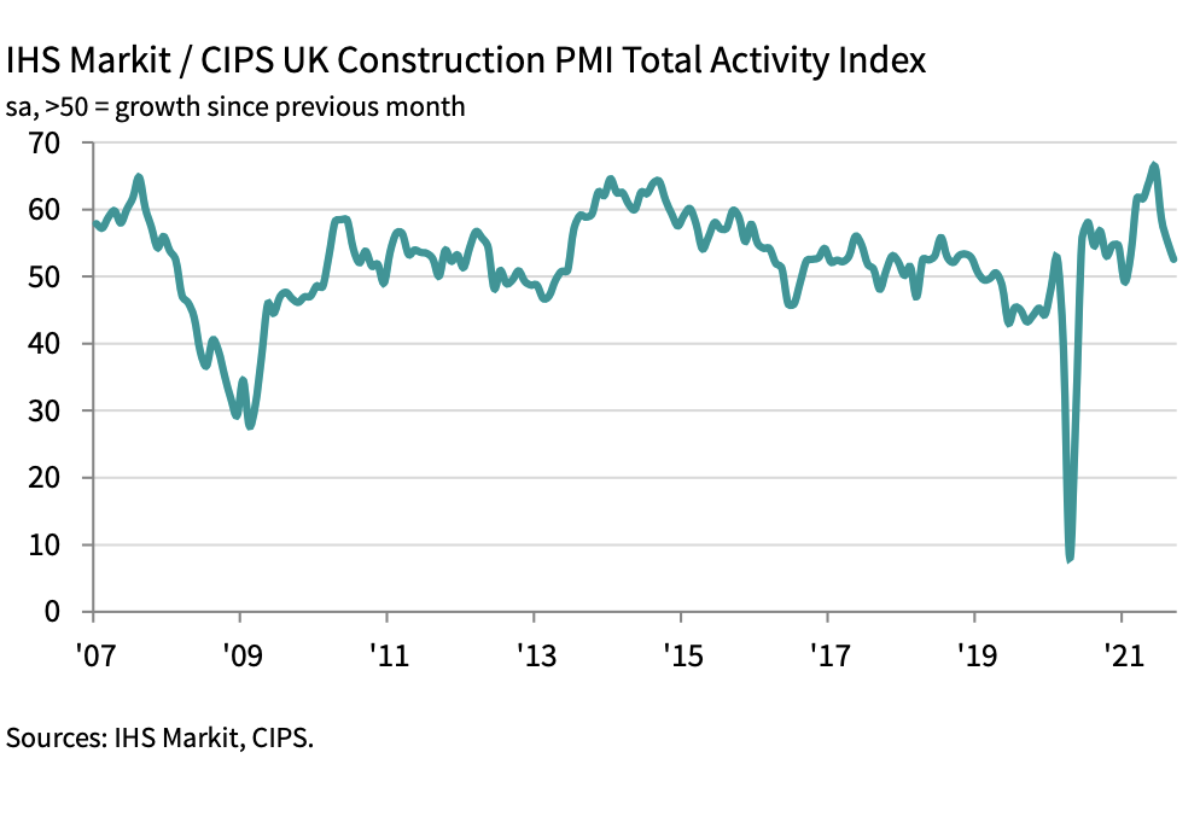

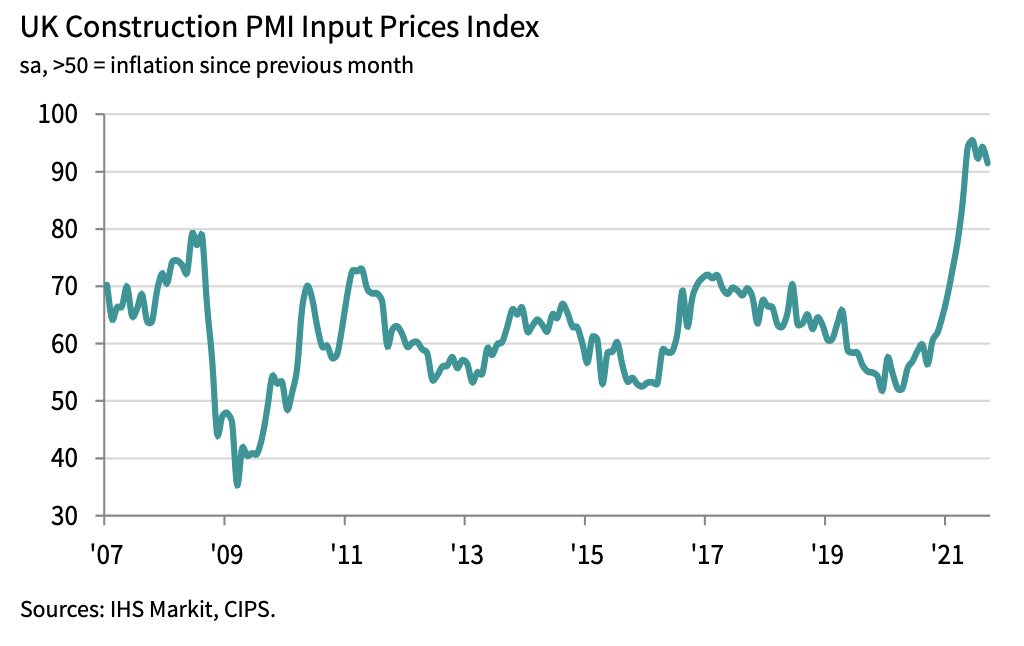




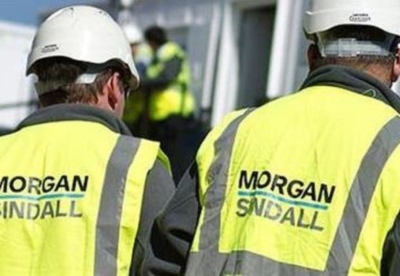



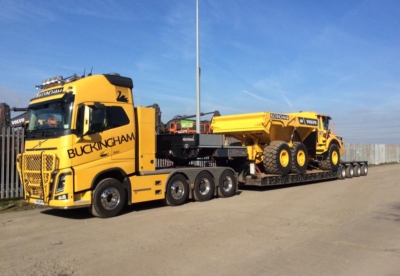






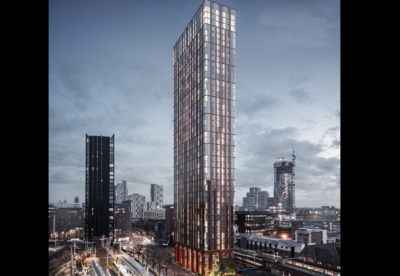

















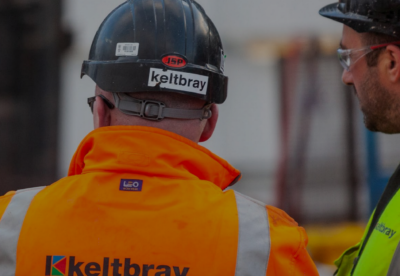

.gif)











